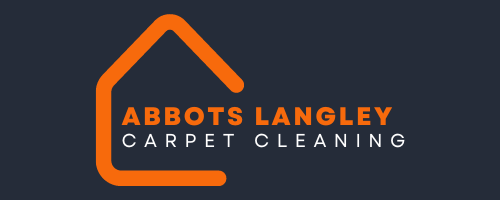Introduction: For many of us, carpets are a staple in our homes, adding warmth, comfort, and aesthetic appeal to our living spaces. However, carpets can also harbour allergens like dust mites, pet dander, pollen, and mould spores, which can trigger allergies and respiratory issues. In this blog post, we’ll explore how professional carpet cleaning plays a vital role in allergy management, helping you create a healthier indoor environment for yourself and your family.
The Allergy Dilemma
Allergies are a common concern, affecting millions of people worldwide. Indoor allergens can exacerbate allergy symptoms, making it essential to minimise their presence in your home. Carpets are particularly effective at trapping these allergens, making regular cleaning crucial for allergy management.
How Carpets Contribute to Allergies
Due to their fibre structure and ability to trap particles, carpets can become reservoirs for allergens. Here’s how carpets contribute to indoor allergies:
- Dust Mites: These microscopic creatures thrive in the dust and skin flakes that accumulate in carpets. They produce allergenic proteins that can trigger asthma and allergies.
- Pet Dander: If you have pets, their dander (tiny skin flakes) can become embedded in the carpet fibres. These allergens can cause allergic reactions in sensitive individuals.
- Pollen: Pollen from outdoor sources can be carried indoors on shoes and clothing, settling into the carpet. When disturbed, it becomes airborne, causing allergies.
- Mould Spores: Moisture in the environment can lead to mould growth in carpets, releasing spores that can trigger respiratory issues in susceptible individuals.
The Role of Professional Carpet Cleaning
Professional carpet cleaning is a highly effective strategy for managing allergens and creating a healthier indoor environment:
1. Dust Mite Reduction: Hot water extraction or steam cleaning, a common professional cleaning method, uses high-temperature water to kill dust mites and remove their waste and allergenic proteins from the carpet.
2. Allergen Removal: Professional cleaners use specialised equipment and cleaning solutions designed to target and remove allergens, including pet dander, pollen, and mould spores, deep within the carpet fibres.
3. Improved Indoor Air Quality: By reducing allergen levels in the carpet, professional cleaning can significantly improve indoor air quality, leading to fewer allergy symptoms and better respiratory health.
4. Odor Removal: Professional carpet cleaning also eliminates odours associated with allergens, creating a fresher and more pleasant living environment.
Maintaining Allergy Management
While professional carpet cleaning is an essential step, it’s crucial to maintain a routine for allergy management:
- Regular Vacuuming: Vacuum your carpets at least once a week with a vacuum cleaner equipped with a HEPA filter to prevent allergen buildup.
- Reduce Humidity: Use a dehumidifier to maintain indoor humidity levels between 30-50% to prevent dust mite and mould growth.
- Wash Bedding: Regularly wash bedding, including sheets and pillowcases, in hot water to eliminate dust mites.
- Limit Allergen Sources: Implement a no-shoes policy indoors, groom pets regularly, and use allergen-proof covers for pillows and mattresses.
Conclusion: Professional carpet cleaning is a critical component of allergy management, helping you create a healthier indoor environment by reducing allergens trapped in your carpets. By incorporating professional cleaning into your cleaning routine and following preventive measures, you can enjoy carpets’ comfort and aesthetic benefits without compromising your family’s health.
Call us on: 01923 961 694
Click here to find out more about Abbots Langley Carpet Cleaning
Click here to complete our contact form and see how we can help with your carpet needs.

